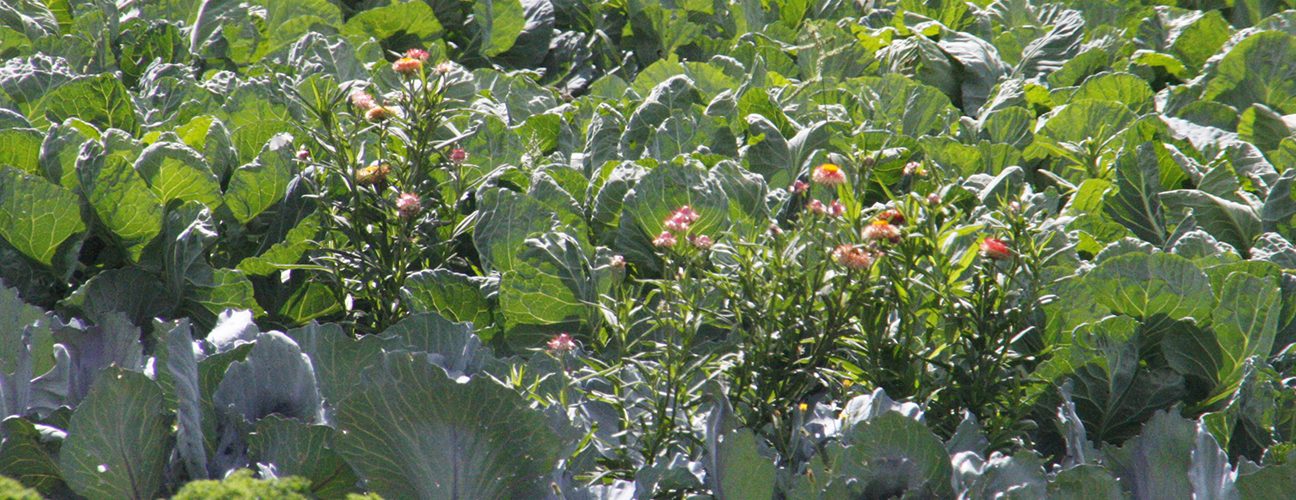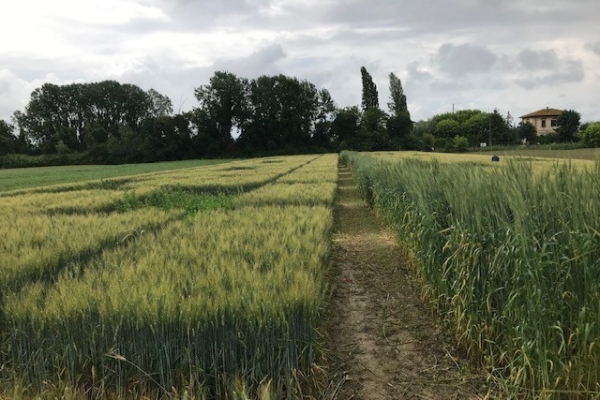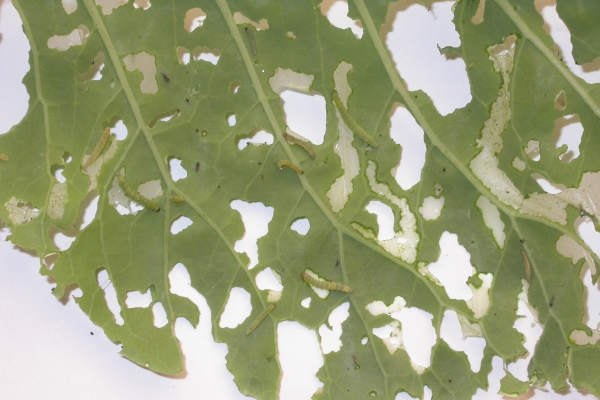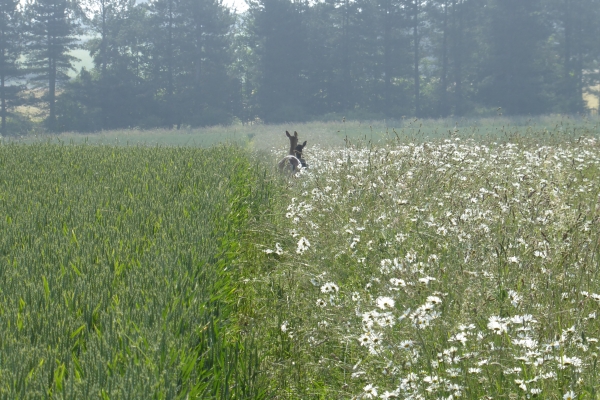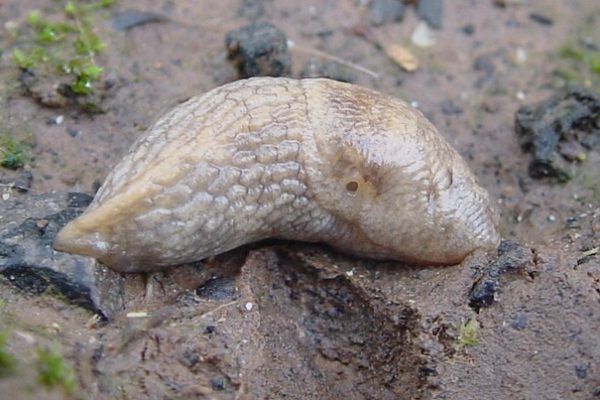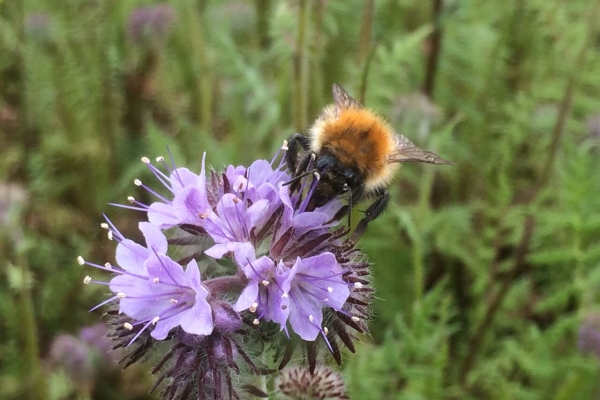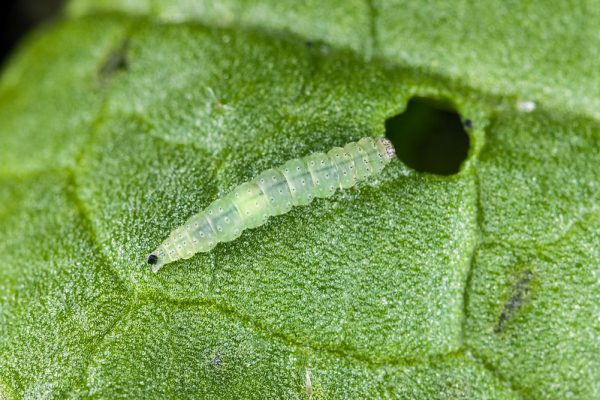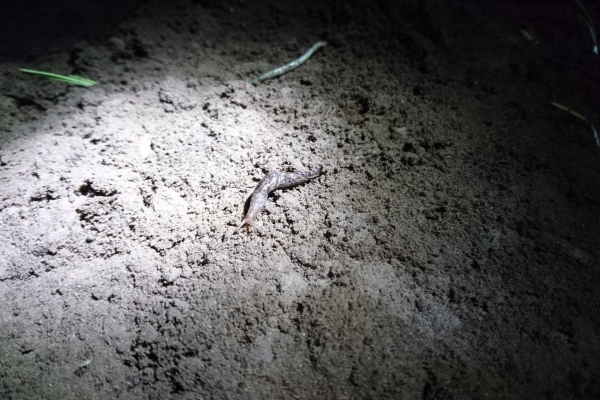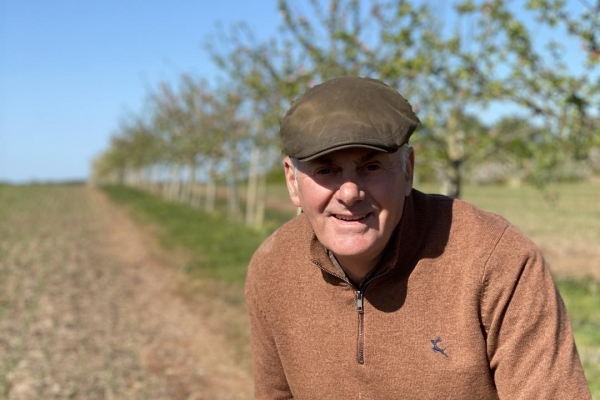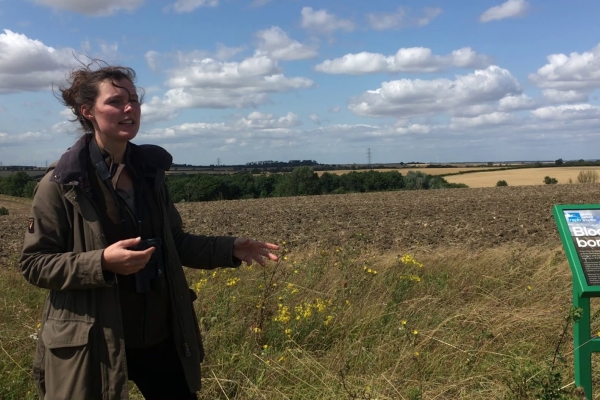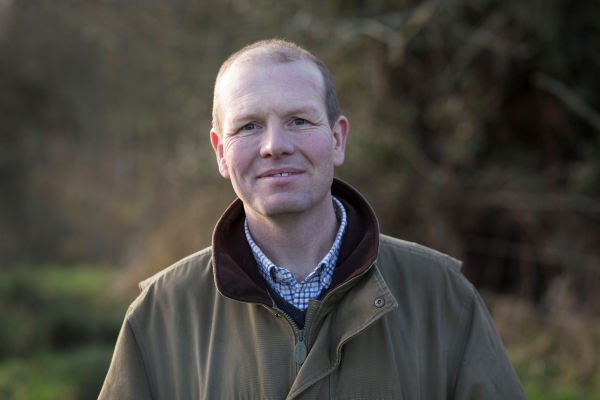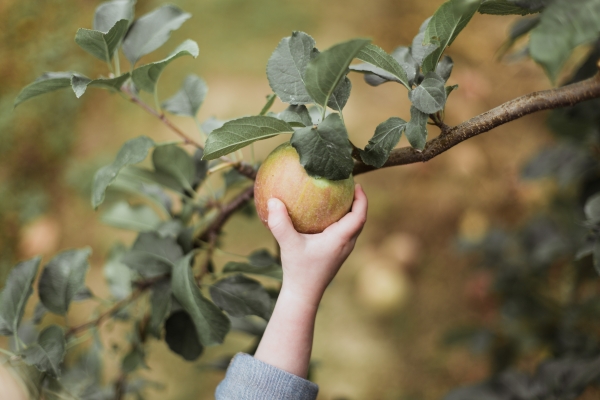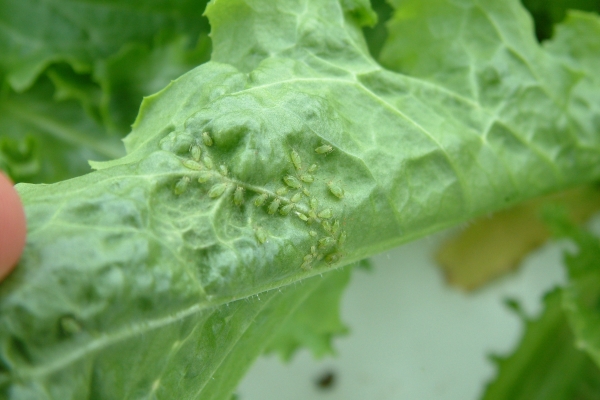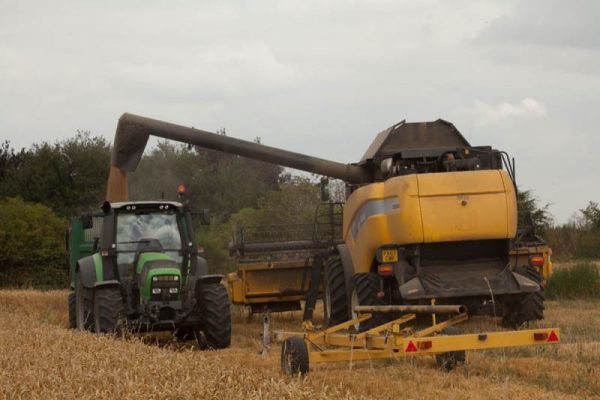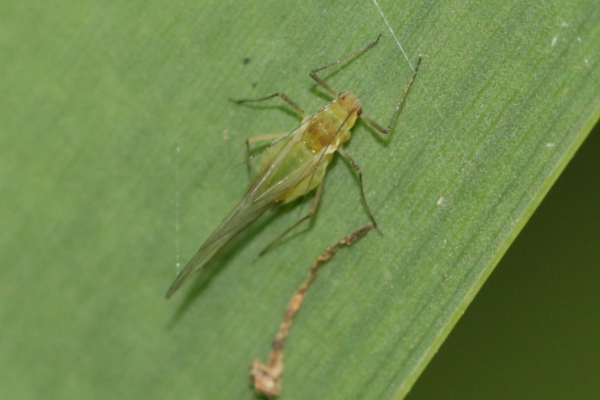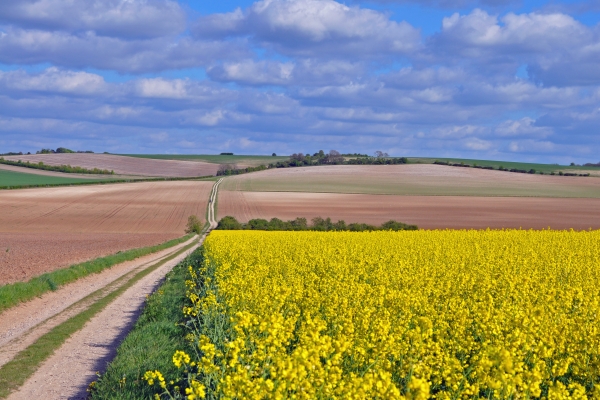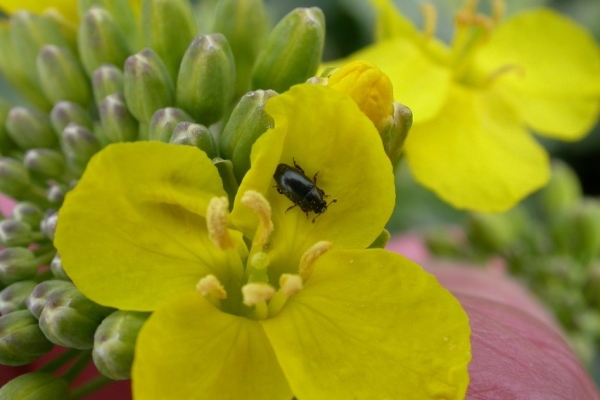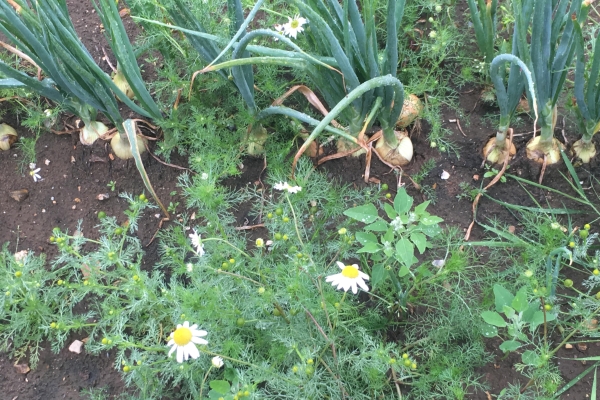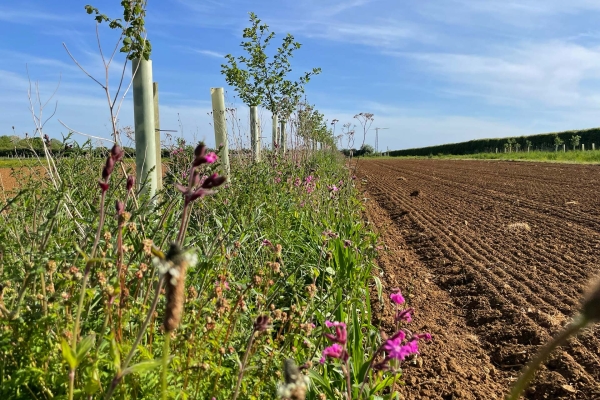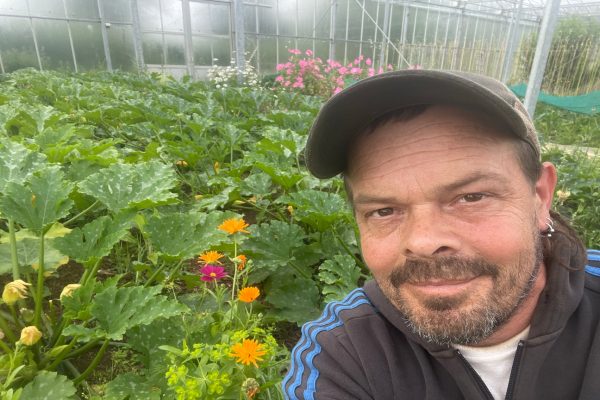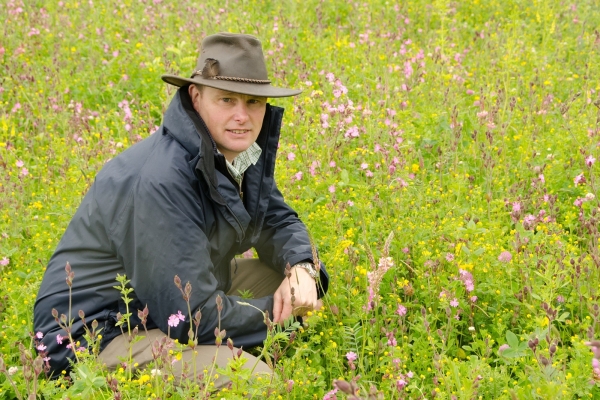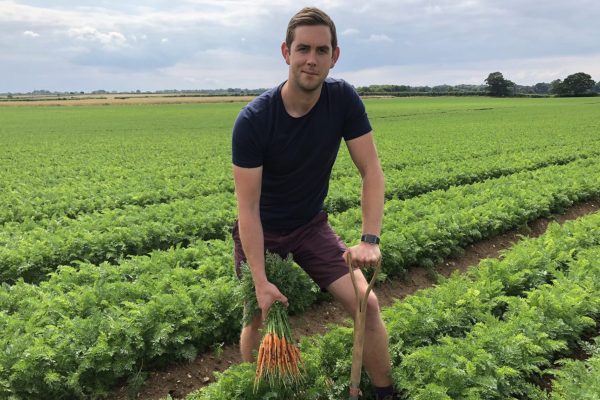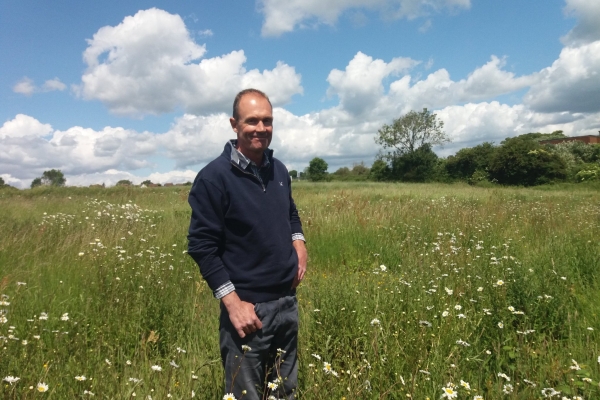A Practical Guide to Integrated Pest Management
Resource explained
Integrated Pest Management (IPM) is a holistic whole-farm approach to help mitigate the likelihood of pest, weed and disease pressure in a farming system. This clearly laid out Nature Friendly Farming Network guide covers the principles and practice of IPM with case studies and examples of actions that can be taken according to your farming system. It includes:
- Key Principles of Integrated Pest Management
- Step-by-Step Guide
- Key Examples of Actions
- IPM in Practice – John Taylor (Pollybell Farms)
- IPM in Practice – Mark Jelley (Perkins Lodge Farm)
- Key Species & Habitats – Beneficial Species
- Key Species & Habitats – Pests
Findings & recommendations
- Networks of inter-connected field margins, pollen and nectar mixes, beetle banks and hedgerows across the farm encourage naturally occurring predators.
- Selects cereal varieties for straw strength and strong disease resistance.
- Uses pheremone and sticky traps to assess thresholds for pests and targetted use of organic pesticides. Some great resources available for pest and disease prediction models which they use to inform decisions.
- Introduced rotational grazing to mitigate against drought and reduce reliance on artificial nitrogen – longer breaks between grazing has facilitated better grass growth and sward diversity.
- Improved herd genetics and changing carcass specifications has reduced the time the cows need to be on the farm.
- Reducing nitrogen applications has dramatically decreased the need for herbicides to control creeping thistle.
- Reducing herbicide applications has improved the performance of clover.
Highlights from John Taylor’s system include:
Highlights from Mark Jelley’s system include:
Summary provided by:
Phil SumptionEdited by:
Janie CaldbeckRelated articles
To provide farmers with a wider choice of options for ‘diversification’ of their cropping systems, several EU and national projects were set up to explore...
Rosemary Collier discusses the damage caused by Diamond-back Moths, and some of the novel approaches to manage them.
"We set out to create some easy to follow but detailed resources that would help farmers, growers and other land managers to increase their use...
Slugs, slugs and more slugs! Some farming activities can encourage them more than others, and the seemingly ever increasing unpredictable weather patterns also add to...
What is the greatest ecological service provided in nature? Pollination must be up there, particularly for agriculture. Yet there are multiple anthropogenic influences on pollinator...
... wild plants have evolved some pretty sophisticated ways of defending themselves… Acacia thorns have holes in which ants can live that control pests... there...
Charlotte Rowley provides insight from her PdD studies on slug behaviour, that may aide slug management in arable systems
"Agroforestry adds value to the farm in many different ways - being part of our ‘enterprise stacking’ (the sum of all the smaller elements), is...
"We aim to demonstrate that wildlife farming and profitable farming is achievable by all and to find wildlife-friendly farming solutions to current and future arable...
"Healthy soil and a healthy environment are essential to long-term food production... Unless we join up environmental improvements, climate mitigation and biodiversity delivery alongside production...
This project brings together nature-friendly IPM and pesticide reduction work that has already been implemented by innovative farmers, and shares this with other farmers, focussing...
Croprotect; Rothamsted Research’s knowledge exchange system allowing growers to access tailored advice on Integrated Pest Management (IPM).
As I write this, the European Commission is considering whether to extend the current partial ban on neonicotinoid insecticides (neonics) - introduced to protect bees...
John Holland discusses using monitoring tools to predict aphid levels and assist management techniques
An up-to-date, easy to read guidebook and manual on why Integrated Pest Management is the key to sustainable crop health across agricultural and horticultural sectors...
Presentation given by Koppert UK at an Agricology field day event on integrated pest management strategies for outdoor vegetable production.
Silvo-horticulture agroforestry has many benefits for market gardens, but needs careful planning for success. This workshop held at Organic Matters 2022 focused on how to...
"I don’t look at irrigation, pest control, planting and weeding separately… the system is set up as one whole organic system and trees are integral...
The RBOrganic Ltd team grow carrots, onions, leeks, potatoes, parsnips, beetroots and courgettes. We are a LEAF Marque certified business. We work as an integrated...
"RBOrganic is a vegetable growing business that forms part of Houghton Hall Estate in Norfolk. We have a long-term relationship with Houghton and are a...
The realisation that they were using more and more pesticides, herbicides and fungicides on the farm and essentially getting less effect from them has driven...
